Hi there, pet lovers! 🐍
If you’re considering adding a snake to your family, the Children’s Python (Antaresia childreni) is a fantastic option to explore. Known for their manageable size, docile temperament, and relatively simple care requirements, these pythons are a favorite among both beginner and experienced reptile keepers. In this detailed review, we’ll cover everything you need to know about Children’s Pythons, from their personality and care needs to their affordability and availability. Whether you’re a first-time snake owner or a seasoned herpetologist, this guide will help you decide if the Children’s Python is the right pet for you.
Overview
Children’s Pythons are small, non-venomous snakes native to northern Australia. They are named after John George Children, a 19th-century zoologist, and are one of the smallest python species in the world. Here’s a quick summary of what makes them stand out:
- Handling and Temperament: Generally docile and easy to handle, though they can be shy at first.
- Care and Maintenance: Low-maintenance with straightforward habitat and feeding requirements.
- Health and Durability: Hardy and long-lived, with proper care ensuring a lifespan of 20-30 years.
- Availability: Widely available through breeders, though less common in pet stores.
- Cost: Affordable to purchase and maintain, making them a great choice for budget-conscious reptile enthusiasts.
Overall, the Children’s Python is an excellent pet for snake lovers of all experience levels, offering a perfect blend of charm, ease of care, and longevity.
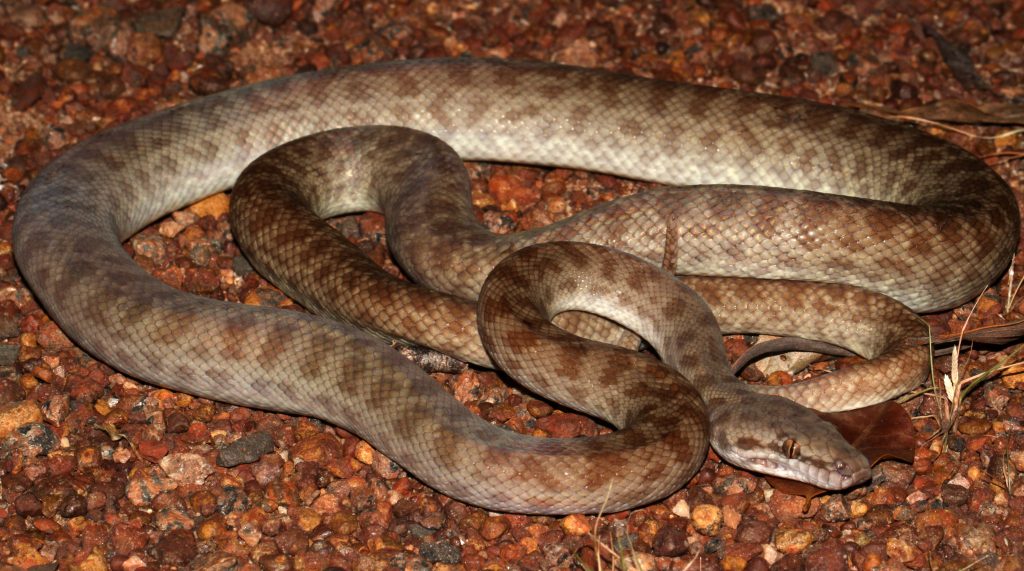
Why Choose a Children’s Python?
Children’s Pythons are ideal for those looking for a small, low-maintenance, and interactive snake. Their manageable size (typically 3-4 feet as adults) makes them suitable for apartment living, and their calm demeanor makes them a joy to handle. With a lifespan of 20-30 years, they are a long-term commitment but a rewarding one for dedicated pet owners.
These pythons are also known for their fascinating behaviors and adaptability, making them a great choice for both beginners and experienced reptile keepers. Their simple care requirements and affordability further add to their appeal.
Handling and Temperament
Children’s Pythons are renowned for their docile and calm nature, making them one of the easiest snakes to handle. They are rarely aggressive and are more likely to curl up in your hands than to strike or bite. However, like all snakes, they can be shy initially and may need time to acclimate to handling.
Personality Variations
- Some Children’s Pythons are more curious and active, while others are content to relax during handling sessions.
- Younger snakes may be more skittish, but they typically grow calmer with regular, gentle handling.
Handling Tips
- Always handle them gently and confidently to avoid stressing the snake.
- Support their body fully, especially when they are young, as they are small and delicate.
- Avoid handling them during shedding or immediately after feeding, as this can cause discomfort.
Biting
Children’s Pythons rarely bite, and even if they do, their small teeth make the experience more surprising than painful. Bites are usually a result of mistaking fingers for food or feeling threatened, so proper handling techniques can minimize the risk.
Overall, Children’s Pythons are a joy to handle, and their calm temperament makes them a great choice for families and individuals alike.
Care and Maintenance
Children’s Pythons are relatively low-maintenance, but they do have specific care requirements to ensure their health and happiness. Here’s what you need to know:
Enclosure Setup
- Size: A 20-gallon tank is sufficient for an adult Children’s Python, though larger enclosures are always appreciated.
- Climbing Space: While not fully arboreal, they enjoy climbing, so provide branches or vines for enrichment.
- Substrate: Use coconut fiber, reptile carpet, or paper towels. Avoid loose substrates like sand, which can cause impaction if ingested.
- Hiding Spots: Provide at least two hides (one on the warm side and one on the cool side) to help them feel secure.
Humidity and Temperature
- Humidity: Maintain moderate humidity levels (40-50%), which can be achieved by misting the enclosure lightly or providing a water bowl.
- Temperature: Provide a basking spot of 88-90°F (31-32°C) and a cooler side around 75-80°F (24-27°C). Use a thermostat to regulate heating elements like heat pads or ceramic heat emitters.
Feeding
- Diet: Children’s Pythons thrive on a diet of appropriately sized rodents, such as mice or small rats. Hatchlings can start with pinky mice, while adults may require larger prey.
- Feeding Schedule: Feed juveniles once every 5-7 days and adults once every 7-10 days. Always monitor their weight and adjust feeding frequency as needed.
- Supplements: No additional supplements are required if feeding whole prey items, as they provide complete nutrition.
Lighting
Children’s Pythons do not require UVB lighting, but providing a natural day-night cycle with ambient lighting can benefit their overall well-being.
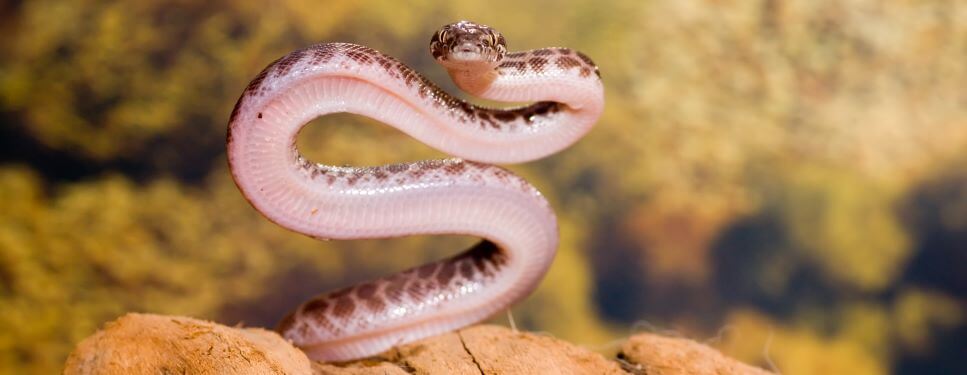
Health and Durability
Children’s Pythons are hardy and long-lived, with a lifespan of 20-30 years in captivity when properly cared for. They are less prone to health issues compared to other reptiles, but there are still a few things to watch out for:
Common Health Issues
- Respiratory Infections: Caused by improper humidity or temperature levels. Symptoms include wheezing, mucus around the nostrils, and lethargy.
- Mites: External parasites that can cause irritation and stress. Regularly inspect your snake and clean the enclosure to prevent infestations.
- Shedding Problems: Incomplete sheds can occur if humidity levels are too low. Provide a humid hide or increase misting during shedding periods.
Preventative Care
- Maintain proper humidity and temperature levels.
- Keep the enclosure clean and sanitized to prevent bacterial growth.
- Handle your snake gently and avoid overhandling, especially during shedding or after feeding.
With proper care, Children’s Pythons can thrive and become a long-term companion.
Availability and Cost
Children’s Pythons are widely available through reputable breeders and reptile expos, though they are less common in pet stores. Captive-bred individuals are preferred, as they are generally healthier and better acclimated to captivity.
Where to Buy
- Breeders: The best option, as breeders can provide detailed information about the snake’s lineage and health.
- Reptile Expos: A great place to meet breeders and see a variety of snakes in person.
- Pet Stores: Less common, but some specialty reptile stores may carry them.
Cost
- Snake Price: $150 to $300 for a standard morph, with rare morphs costing more.
- Setup Cost: $200 to $400 for a basic enclosure, heating equipment, and supplies.
Overall, Children’s Pythons are an affordable and accessible option for reptile enthusiasts.
Pros and Cons
Pros
- Docile and easy to handle.
- Low-maintenance care requirements.
- Affordable to purchase and maintain.
- Long lifespan (20-30 years).
- Small size makes them suitable for limited spaces.
Cons
- Can be shy or skittish initially.
- Requires consistent humidity and temperature monitoring.
- Less common in pet stores, so finding one may require some effort.
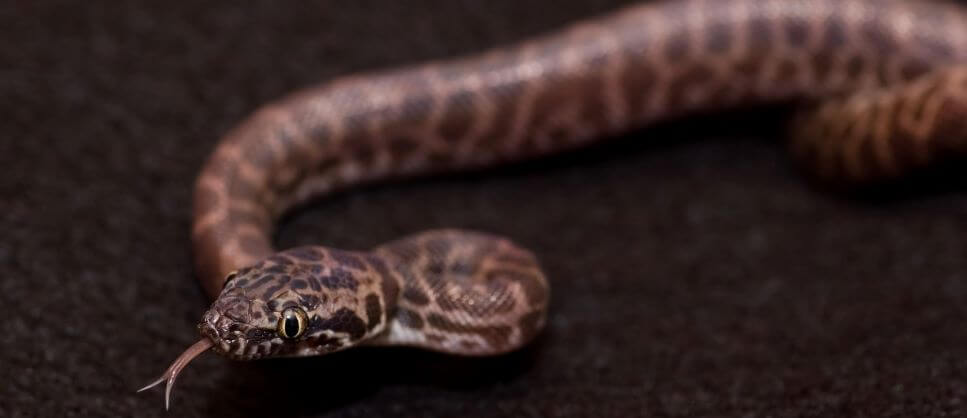
Final Thoughts
The Children’s Python is a fantastic choice for anyone looking to add a snake to their home. Their manageable size, calm temperament, and straightforward care requirements make them a favorite among reptile enthusiasts. While they do have specific needs, the effort is well worth the reward of having these delightful creatures as part of your family.
If you’re considering a Children’s Python, we recommend visiting a breeder or reptile expo to meet them in person. Their unique personalities and stunning appearances are sure to win you over.
Have you owned a Children’s Python? Share your experiences and tips in the comments below! We’d love to hear how you care for your snake and what makes them special to you.
For more reptile care tips and reviews, stay tuned to our blog and don’t forget to subscribe to our newsletter! 🐍



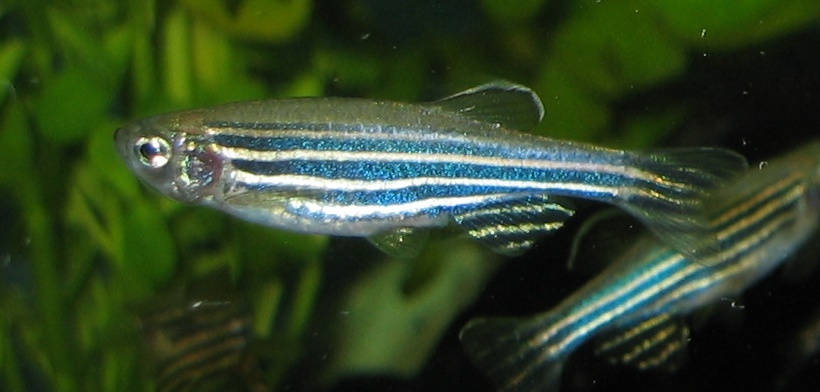
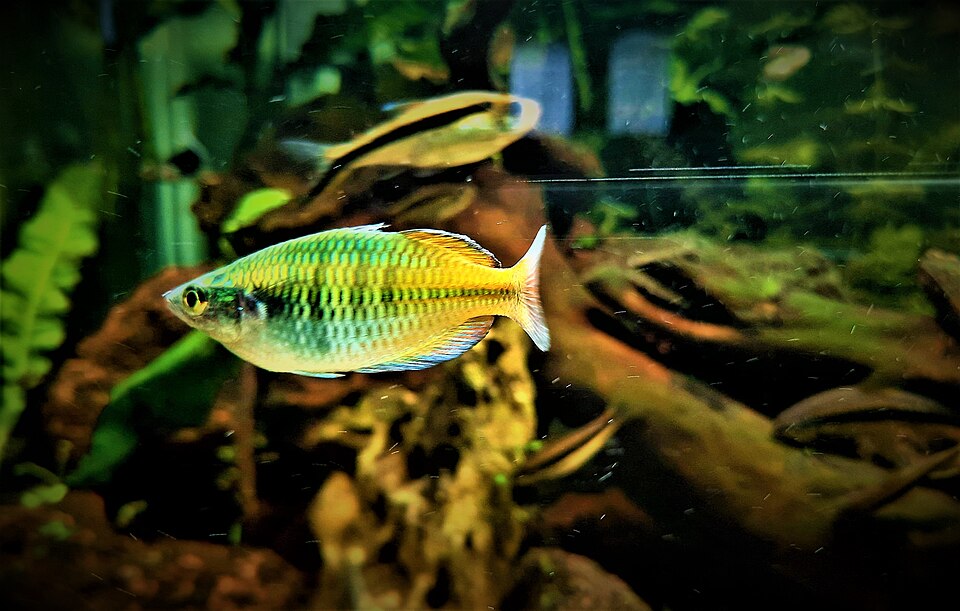
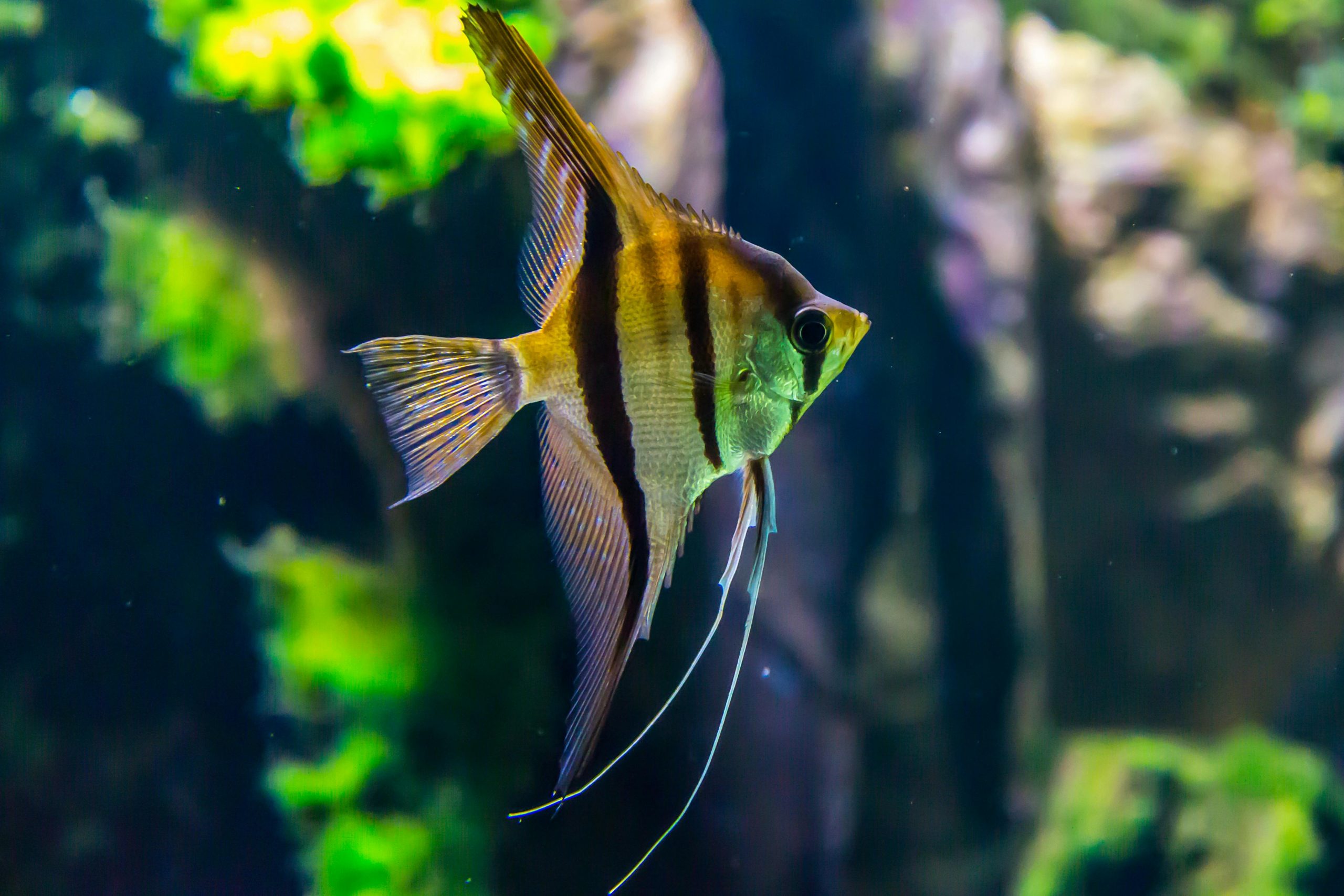
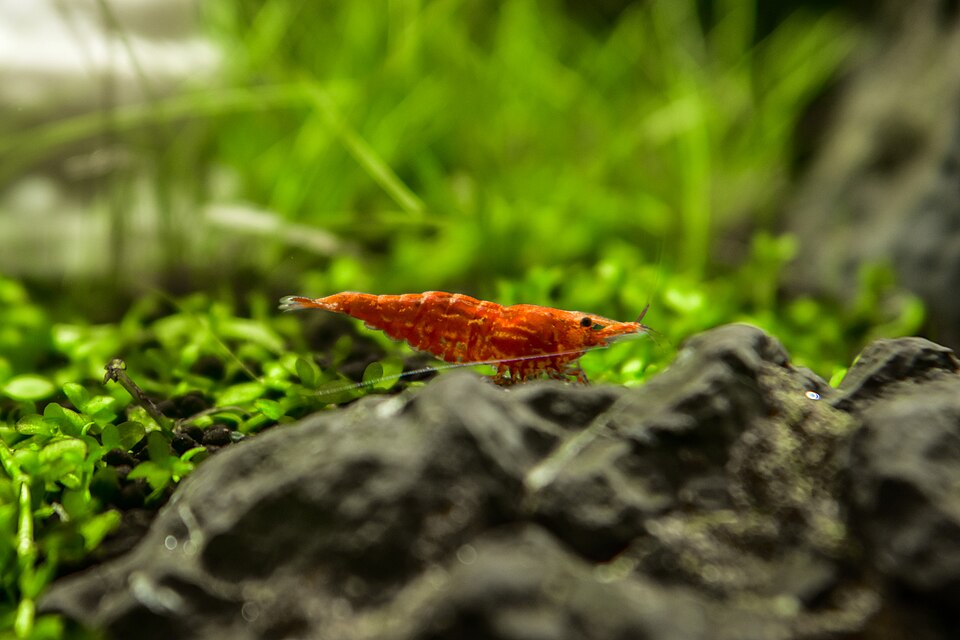

Leave a Reply